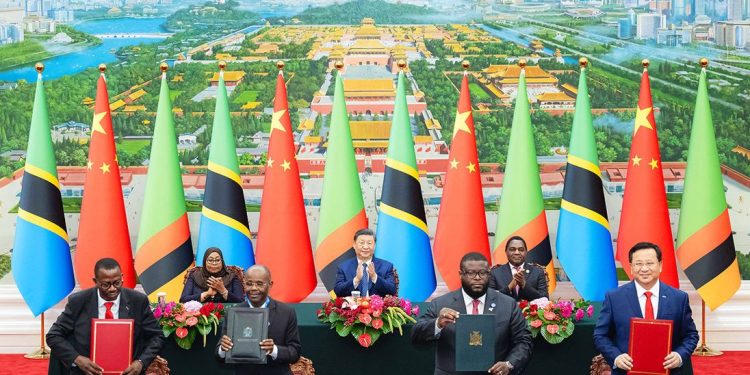The global landscape of governance and international relations is undergoing a profound transformation. Central to this shift is China’s rise to global prominence, contributing to the broader movement away from Euro-Atlantic dominance toward a multipolar world order that emphasizes self-determination and sovereignty.
Some analysts argue that a “new scramble for Africa” is underway, but African nations are becoming increasingly aware of their own interests and are asserting greater agency in shaping their future.
China’s partnership with Africa has proven to be resilient, founded on mutual respect and shared benefits. This enduring relationship suggests that it will continue to thrive despite external pressures. The Forum on China-Africa Cooperation (FOCAC) summit, held earlier this year, underscored the importance of economic cooperation and governance exchanges between the two regions. Before the summit, China’s Foreign Minister Wang Yi emphasized the importance of “traditional friendship,” strengthening solidarity and cooperation, and creating new avenues to accelerate mutual development.
Mr. Wang highlighted China’s view of Africa as a partner in its own development, stating, “African nations are waking up and realizing that externally imposed models have not brought stability or prosperity. China will continue to stand firmly with them and support a truly independent Africa.”
Africa’s growing influence on the global stage is also reflected in its role within international bodies such as the United Nations General Assembly (UNGA), as well as the expansion of blocs like BRICS, which seek greater representation in the G20 and the United Nations. As these changes unfold, Africa is shifting from a passive observer to a proactive and influential actor in the global arena.










